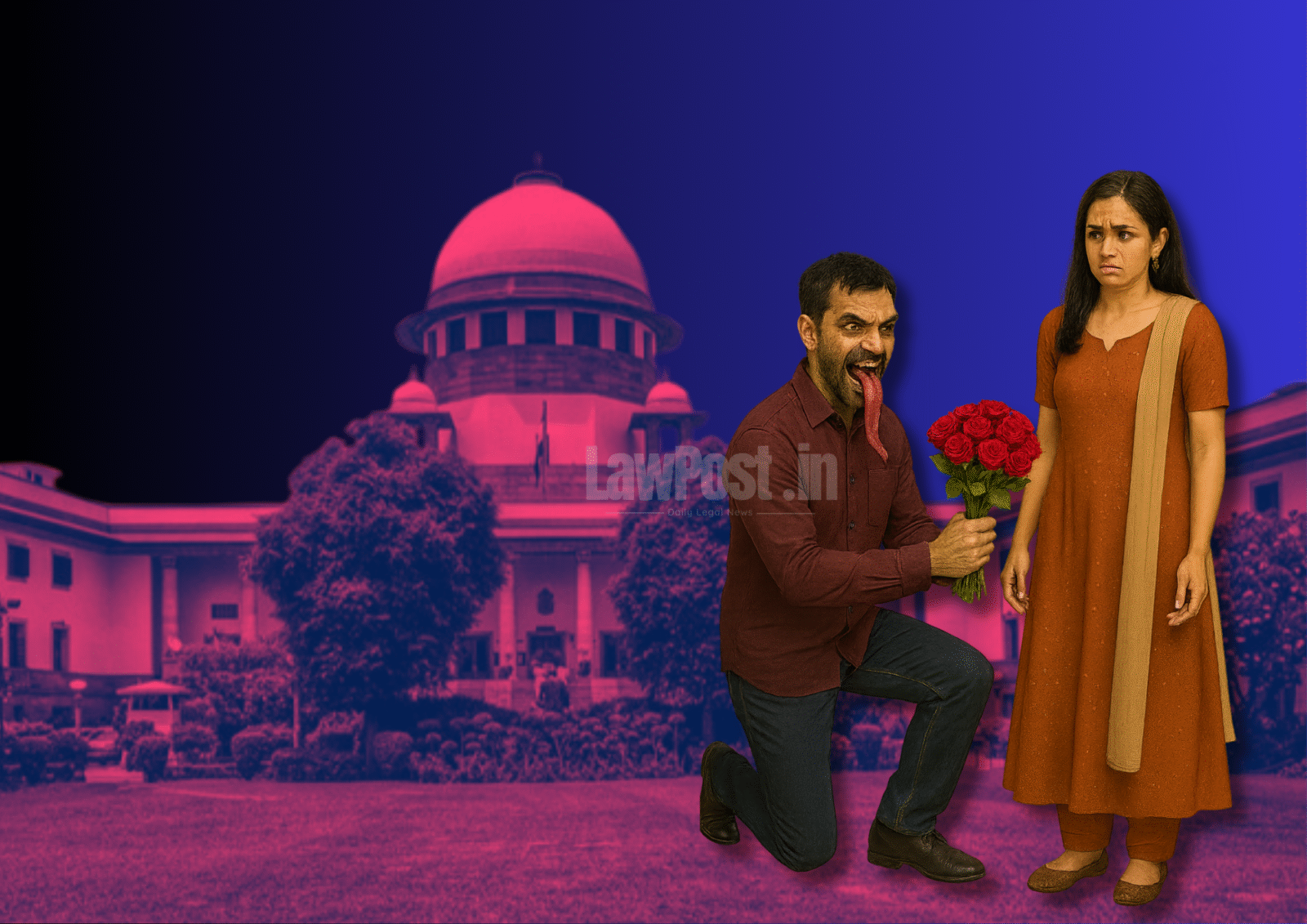In a significant development, the Supreme Court of India on Thursday suspended the sentence of a man convicted of rape on the false promise of marriage, after both the accused and the victim expressed their mutual willingness to marry each other.
A Bench comprising Justices BV Nagarathna and Satish Chandra Sharma took the unusual step after an in-chamber meeting with the parties. “We met the parties in-chamber in the lunch session. The parties have both unequivocally expressed their desire to marry each other,” the Court observed.
The proceedings saw a symbolic gesture of reconciliation as the couple exchanged flowers inside the courtroom. The Bench even urged the man to formally propose to the woman in court.
Following the interaction, the Court ordered the suspension of the man’s sentence, stating,
“They (rape accused and victim) are willing to marry each other. The details of the marriage shall be worked out by the respective parents. We hope that the marriage takes place as expeditiously as possible.”
The Court clarified that while the petitioner appeared before the Court as per its earlier order, he would now return to jail and be produced before the concerned sessions court, which has been directed to consider his release on bail with appropriate conditions. The matter has been listed for further hearing on July 25.
Background of the Case
The accused was convicted by a Madhya Pradesh trial court in September 2024 under Sections 376(2)(n) (repeated rape) and 417 (cheating) of the Indian Penal Code. He was sentenced to 10 years of rigorous imprisonment for the rape charges and 2 years for cheating.
The case stems from a 2021 FIR, where the prosecutrix alleged that the accused repeatedly raped her between 2016 and 2021 under the false promise of marriage. According to the complaint, they met via Facebook, and the man, who was a friend of her brother, assured her on multiple occasions that he would marry her. However, he later refused, citing objections from his mother.
After the Madhya Pradesh High Court rejected his application for suspension of sentence under Section 389(1) CrPC, the convict moved the Supreme Court.








